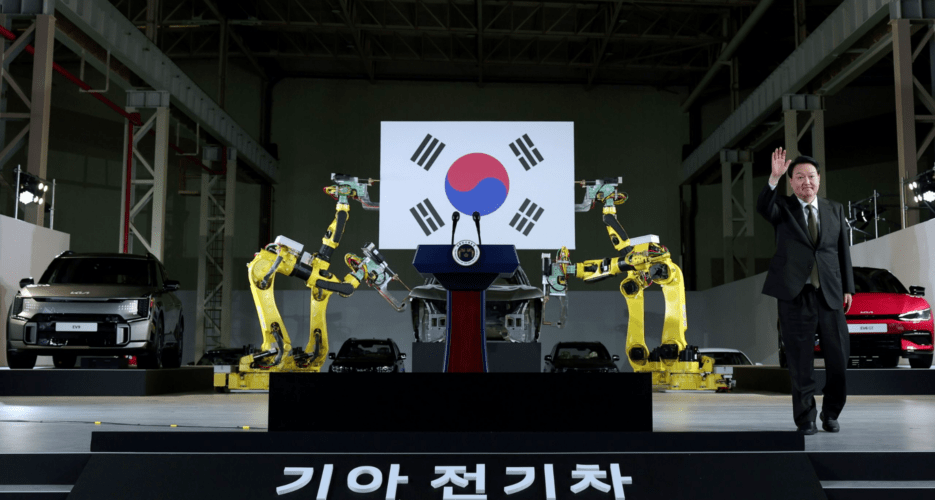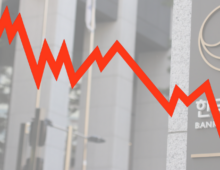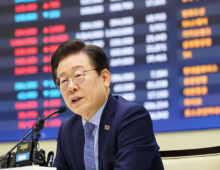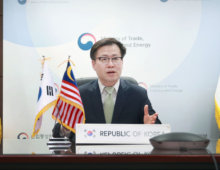Despite the ease of attracting political support and funding, merging economic and environmental goals could backfire
In an op-ed published in the People’s Daily last month, Beijing charged Washington with using the transition to clean energy as a guise to subsidize its key domestic sectors. This assertion caught the attention of South Korean media outlets, given that ongoing U.S.-China trade tensions encompass products like solar panels and rare earth elements vital for battery production.
South Korea hasn’t merely watched from the sidelines in this global contest. The ROK has actively shaped its industrial policies and pursued diplomatic channels to bolster the competitive edge of its energy sector. While some might view Seoul’s maneuvers as an extension of its sustainable development strategy, such an interpretation would be misguided.
In an op-ed published in the People’s Daily last month, Beijing charged Washington with using the transition to clean energy as a guise to subsidize its key domestic sectors. This assertion caught the attention of South Korean media outlets, given that ongoing U.S.-China trade tensions encompass products like solar panels and rare earth elements vital for battery production.
South Korea hasn’t merely watched from the sidelines in this global contest. The ROK has actively shaped its industrial policies and pursued diplomatic channels to bolster the competitive edge of its energy sector. While some might view Seoul’s maneuvers as an extension of its sustainable development strategy, such an interpretation would be misguided.
Get your
KoreaPro
subscription today!
Unlock article access by becoming a KOREA PRO member today!
Unlock your access
to all our features.
Standard Annual plan includes:
-
Receive full archive access, full suite of newsletter products
-
Month in Review via email and the KOREA PRO website
-
Exclusive invites and priority access to member events
-
One year of access to NK News and NK News podcast
There are three plans available:
Lite, Standard and
Premium.
Explore which would be
the best one for you.
Explore membership options
© Korea Risk Group. All rights reserved.
No part of this content may be reproduced, distributed, or used for
commercial purposes without prior written permission from Korea Risk
Group.












